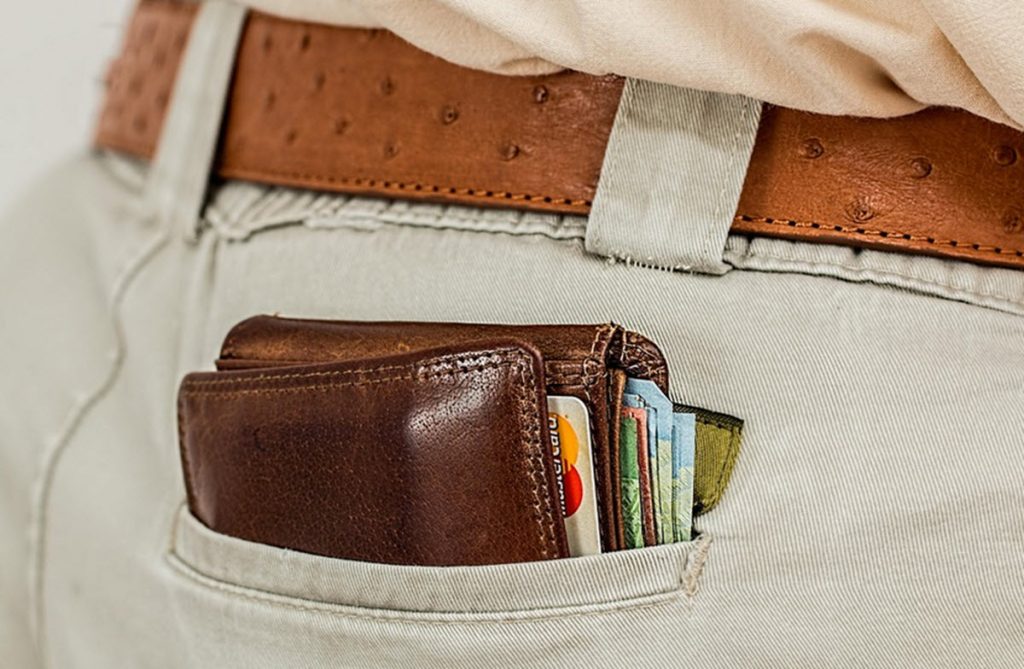Holding money offshore is only useful if you can actually use it—and that’s where offshore banking cards come in. For individuals managing international finances, living abroad, or doing business across multiple countries, these cards offer a practical way to access offshore funds quickly, securely, and without the hassle of constantly moving money between jurisdictions.
An offshore banking card isn’t very different from the debit or credit card in your wallet. It’s simply issued by a bank located outside your country of residence, linked to an offshore bank account, and designed to make international spending easier, more flexible, and often more cost-effective.
In a globalised world where more people live and work internationally than ever before, offshore banking cards are no longer a niche product—they’re a valuable financial tool for global living.

What Is an Offshore Banking Card?
An offshore banking card is typically a debit, prepaid, or (less commonly) credit card issued by an offshore bank. The card is tied to your offshore account and functions just like a domestic bank card—you can use it to:
- Spend money in shops or online
- Withdraw cash from ATMs around the world
- Make payments in foreign currencies without constant conversions
- Access money held in a multi-currency account
Most offshore banking cards are powered by global networks like Visa, Mastercard, or UnionPay, and work anywhere those networks are accepted. Some are physical cards; others are digital or virtual cards meant for online purchases or travel.
The biggest advantage is access. Instead of transferring money from your offshore account back to your domestic bank every time you need it, the card gives you direct, on-demand access to your offshore funds—without the currency conversion fees or transfer delays.
Why Use an Offshore Banking Card?
Offshore cards aren’t about luxury—they’re about logistics. Here are some of the most common and practical reasons people use them:
1. Spending in Multiple Currencies
If your offshore account is in USD, EUR, CHF, or another foreign currency, a banking card lets you spend directly in that currency. This means no surprise exchange rate markups or unnecessary conversion fees every time you use your card abroad.
2. Living or Travelling Abroad
Retirees, digital nomads, and expats often use offshore cards to access their funds easily while living overseas. It removes the need to maintain high balances in local banks, especially in countries where banking infrastructure is less reliable.
3. Protecting Privacy and Separating Finances
For those who want to separate their domestic and international finances—for budgeting, tax planning, or asset protection—offshore cards provide a clean break. They allow you to manage global spending discreetly and legally without entangling your domestic banking activity.
4. Business or Remote Work
Entrepreneurs, freelancers, and remote workers with clients abroad often use offshore banking cards to receive payments in foreign currencies and spend them without converting everything into GBP, EUR, or another local currency.
5. Avoiding High Bank Fees
Some offshore banks offer low-fee or even fee-free international ATM withdrawals, making it far more cost-effective than relying on a domestic card for overseas cash access.
Types of Offshore Banking Cards
Debit Cards
These are linked directly to your offshore bank account. You can only spend what’s in the account, and they’re commonly issued by banks in places like Switzerland, Singapore, or the Isle of Man. Some support multiple currencies from the same account.
Prepaid Cards
These work like a top-up card. You load a specific amount from your offshore account, and spend only what’s on the card. Prepaid cards offer control and are ideal for budgeting or sending funds to family members abroad.
Credit Cards
Offshore credit cards are rarer and harder to get. Most require a high balance or secured deposit with the issuing bank. They’re more common with private banking clients or high-net-worth individuals using offshore wealth structures.
Where Can You Get an Offshore Banking Card?
You typically need an offshore bank account before you can request a card. Many reputable offshore banks offer cards as part of their personal or corporate account packages. Common issuing jurisdictions include:
- Switzerland – High-end banking and personal service
- Singapore – Excellent digital banking and card support
- Isle of Man / Jersey / Guernsey – UK-linked financial centres with solid infrastructure
- Mauritius – Accessible, business-friendly, and increasingly digital
- Cayman Islands – Often used for investment or corporate structures
Card availability depends on the bank, the account type, and sometimes your country of residence. Not all offshore banks can issue cards to clients in every country due to compliance and payment network restrictions.
What You Need to Apply
To get an offshore banking card, you’ll need to go through the standard offshore banking setup process. That usually includes:
- Valid passport or government-issued ID
- Proof of residential address
- Source of funds documentation
- Completed compliance forms (KYC/AML)
- Minimum deposit to activate the account (varies by bank)
Once your offshore account is active, you can request a card. Some banks issue it automatically; others may charge a one-time fee or annual fee.
What About the Costs?
Offshore banking cards often come with transparent but non-trivial fees. These may include:
- Annual card fee (£50–£300 depending on the provider)
- Foreign ATM withdrawal charges
- Currency conversion fees (if applicable)
- Card issuance and delivery costs
- Replacement card or top-up fees for prepaid cards
The best offshore banks are clear about their fees up front, and some waive charges if you maintain a minimum account balance.
Are Offshore Banking Cards Legal?
Yes. Offshore banking cards are 100% legal—as long as the offshore account they’re tied to is declared, if required, in your home country. You still need to report offshore accounts, income, and in some cases, usage—especially if you’re a tax resident in the UK, U.S., Canada, Australia, or an EU country.
The key is transparency. Offshore cards are legal tools, not loopholes. Used properly, they help individuals manage international money without crossing regulatory lines.
Final Thoughts
Offshore banking cards give you practical, secure, and fast access to money held outside your home country. Whether you’re managing savings abroad, running an international business, or just need a cleaner way to handle multi-currency spending, these cards are a powerful tool in the offshore banking toolkit.
They don’t just give you access—they give you freedom. Freedom from conversion fees, limited domestic systems, and the friction of moving money between jurisdictions. As long as your offshore accounts are declared and used legally, offshore cards offer global access without compromise.
Let me know if you’d like help comparing specific offshore card providers or choosing the right banking jurisdiction based on your residency and spending habits.
This article was last updated on: April 15, 2025

